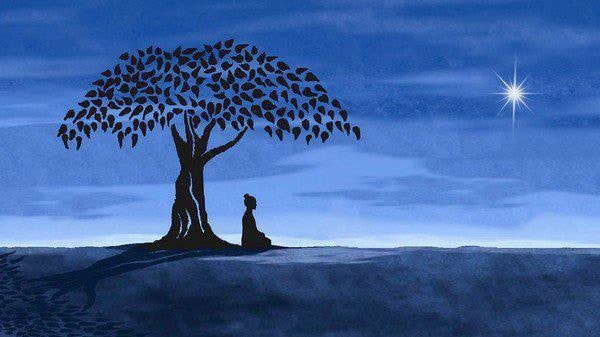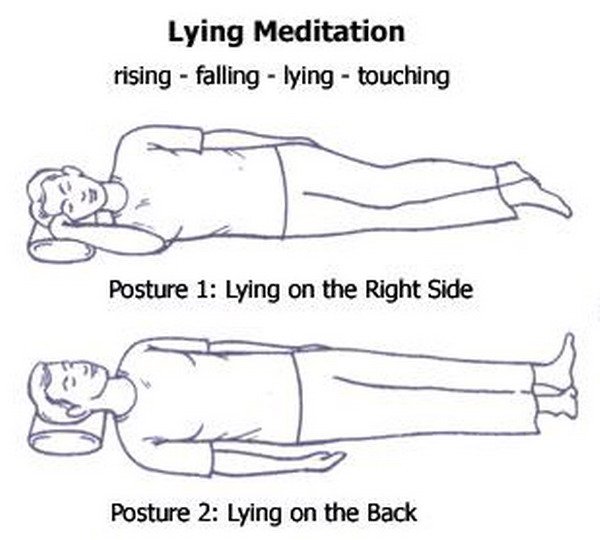
What is Meditation?
Meditation is the practice of turning your attention to a single point of reference. It can involve focusing on the breath, on bodily sensations, or on a word or phrase known as a mantra. In other words, meditation means turning your attention away from distracting thoughts and focusing on the present moment. Meditating is deceptively simple. A cartoon from The New Yorker sums it up: Two monks are sitting side by side, meditating. The younger one is giving the older one a quizzical look, to which the older one responds, "Nothing happens next. This is it."
The biggest difference? Meditators pay more attention to the direct sensation of pain. In laboratory studies that deliver painful stimulation, meditators' brains show more activity in areas associated with sensory processing (think: ankle throbbing!).
Non-meditators, on the other hand, showing more activity in areas associated with evaluation and language. It's the inner dialogue of "Holy $!%@ that hurts! I'm such a klutz! This stinks! When is it going to stop?"
Meditation is not as hard as people think. It's as simple as noticing your breath or your environment with full awareness.
How to Meditate?
If you're new to meditation, it could be difficult to do on your own but thankfully we have internet that can assist you in the beginning till you get a hang of it.
Start by sitting or laying down comfortably.


Put on your headphones and listen to the following audio, it'll get you in the state of calmness before you dive into meditation. I recommend downloading this audios to your phone for easy access. You can use any YouTube converter online like listentoyoutube.
Then, listen to this guided meditation
If thoughts arise, simply notice them without reacting to them and bring your attention back to your breathing.
When you're finished the video, open your eyes slowly, don't rush.
Keep practicing, more you practice better you'll get.